REVIEW – Over the past decade, Deck13, the German development team, became primarily recognized for their Souls-like action-RPGs. The series began with the 2014 release of Lords of the Fallen, followed by two installments titled The Surge. Their latest endeavor is Atlas Fallen, which shifts away from the Souls-like influence and leans towards a more traditional open-world action-RPG. Given that I had mixed feelings about The Surge and its sequel, I eagerly anticipated Deck13’s new entry in this divergent genre.
However, Atlas Fallen did not make a strong first impression. To put it bluntly, the early stages of the game are lackluster. After a brief combat tutorial, players unexpectedly find themselves in the midst of a desert caravan, enslaved and unnamed, amidst a raging sandstorm. Not only does the visual representation of this part seem monotonous with many blurry graphic elements (think an “eternal twilight with stormy sands” visual), but the introduction of our character and the dangers he faces feels disjointed. The pacing feels drawn out, and many of the game’s mechanisms are locked for an extended time before you can truly immerse yourself in the story. There’s no map, and even saving is disabled during this stage. This is uncomfortably off-putting and frankly, a poor introduction. Thankfully, after trudging through this lackluster intro, things begin to align and the game becomes more purposeful.
From Slave to Hero?
In this game, you control an unnamed slave who stumbles upon a magical gauntlet, allowing him to essentially shape his body into ethereal weapons. Setting out into the world, your mission is to uncover the mysterious voice behind the gauntlet and to thwart a tyrannical ruler and deity. While Atlas Fallen is an open-world RPG, its size isn’t so vast that players would get lost – and yes, eventually, a map is provided. Explorable areas aren’t extensive, and the game’s four main zones each take only a few hours to fully traverse. Overall, Atlas Fallen is a shorter adventure; it can be completed in about 10-15 hours, while 100% completion takes around 25 hours. Given that many RPGs today offer 50-60+ hours of gameplay, I always appreciate a faster-paced RPG.
Speaking of its open-world design, these types of games typically captivate me. Beyond the main quests, the world is filled with smaller events – puzzles leading to various chests or lore-rich backstories, all marked similarly to a checklist on the map. Additionally, there are side characters and additional side quests. Since these areas aren’t massive, completing different tasks and quests doesn’t feel overwhelming or monotonous. Of course, this exploration is optional, so if desired, players can strictly follow the main storyline.
Comparatively, the map feels dense, especially when stacked against games like the recently released Forspoken. There’s a lot of verticality in the world’s design. While I appreciate this, I would’ve preferred a more potent vertical jump capability, allowing for smoother navigation. This results in occasionally cumbersome platforming to reach certain points.
“Momentum Gauge”
A distinctive feature of Atlas Fallen is the Momentum Gauge, a blue meter located at the corner of the screen right below the health bar. When facing enemies, the gauge starts empty and gradually fills as you execute attacks. As it fills, more passive and active abilities become accessible, increasing your inflicted damage, and even enlarging the size of your shapeshifting weapons.
This system ensures battles start with basic combos, but as the combat progresses, our character harnesses more potent capabilities. The longer the fight, the more powerful we become. The Momentum Gauge can be likened to an accelerator in a car: we start slow but gradually pick up speed and shift to higher gears.
Character progression heavily ties into the Momentum Gauge. Players can customize abilities set at various gauge points. During my gameplay, I set one point for passive damage boost, giving me an initial advantage in battles. Later, I set nodes that increased loot drop chances or provided automatic dodges. While there are limitations on how abilities can be placed, this system allows players to mold their characters according to their gameplay style.
Such dynamic progression makes combats feel vibrant and varied, making this mechanism arguably one of Atlas Fallen’s most significant merits.
Monotonous Combat System
Atlas Fallen introduces a dynamic system that offers a refreshing and innovative approach to character progression, ensuring every moment in combat brims with excitement. An initial “warm-up” period is present before reaching full momentum, but the game ensures players aren’t waiting too long for the Momentum Gauge to fill.
However, the concept of combat can sometimes become a bit monotonous. One of my least favourite elements in games where a strong opponent calls on smaller auxiliary enemies to help them in combat. Atlas Fallen uses this technique a lot. Numerous medium to large enemies occasionally call out smaller helpers during battles.
There’s a clear reason for this design: the Momentum Gauge charges much faster when you can damage multiple enemies at once. It seems to me that the system works less effectively against a single large opponent than against a group of smaller opponents. The game seems to use this utility enemy concept to help players maintain constant momentum. That said, this approach does get a little tiresome over time, and I personally would like to see the creators take a different approach to fighting larger enemies.
Untold story
Atlas Fallen takes a novel approach to the traditional RPG leveling system. While in most games characters level up and develop their skills through experience points, here the focus is on acquiring materials and upgrading armour, which in turn gives the character new stats and special abilities.
However, the storyline of the game leaves something to be desired. While there are some promising ideas and characters, the external narrative lacks the depth and complexity that would make the story truly memorable. In addition, the graphic design felt a little dated, especially in the character models and dialogue.
There are no really deep, thought-provoking moments or twists that really stick with players. For those who play RPGs primarily for the story, Atlas Fallen may not be their first choice. This is perhaps unsurprising given how minimalist The Surge games are in their narrative, yet I feel that a great opportunity has been missed here.
More fun with something else
On the plus side, Atlas Fallen can be played in full co-op mode with another player. Although there are the typical pitfalls, such as the complications caused by uneven progression, if you want to play through the game with a friend, you can do so fully. In this case, however, it is recommended that you progress through the game together to minimize complications from story progression during cooperative mode.
During cooperative play, each player is basically free to explore the map alone, fight enemies, complete quests, loot chests (which is common), solve puzzles, and the like. So if you were looking for a relatively short action RPG experience to play with a friend, Atlas Fallen is worth a try. Even if Atlas Fallen is only a so-so title in single-player mode, playing with friends can always make any experience that much more enjoyable.
Atlas Fallen is an action-RPG with some moments of combat mechanics in particular that grab your attention, alongside a decent open-world design. Its presentation is mediocre and the storyline leaves a lot to be desired. In some aspects it lags behind The Surge titles. I appreciate Deck13’s work and I always look forward to their new projects, but Atlas Fallen didn’t quite live up to my expectations.
-BadSector-
Pro:
+ The Momentum Gauge dynamic system offers a novel and energetic combat experience
+ The RPG is not too long, which is a refreshing change from today’s long-playing RPGs
+ The open world design of the game is varied and not overwhelming
Cons:
– The initial stages of the game are weak, incoherent, clashing
– The combat system becomes monotonous over time, mainly due to the frequent summoning of auxiliary enemies by large opponents
– The story has no deep meaning or significant impact
Publisher: Focus Home Interactive
Developer: Deck13
Style: Open world action RPG
Release: August 9, 2023.
Atlas Fallen
Gameplay - 6.5
Graphics - 6.2
Story - 4.8
Music/Audio - 6.4
Ambience - 6.5
6.1
FAIR
Atlas Fallen, an open-world action-RPG from Deck13, features a novel Momentum Gauge mechanic that makes combat dynamic. However, the game's early stages and monotonous combat system can be frustrating at times.

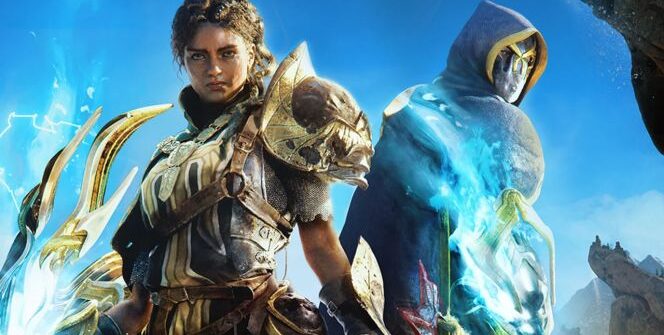
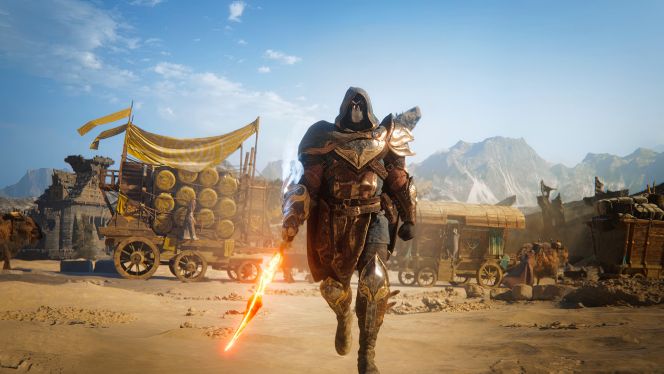
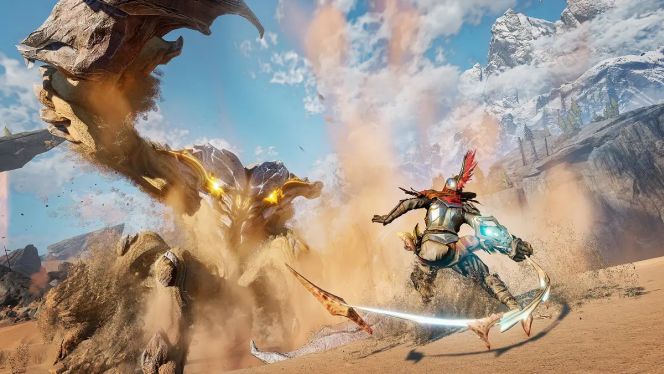
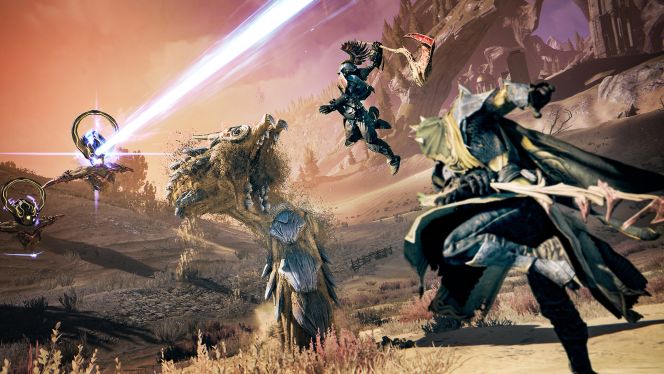
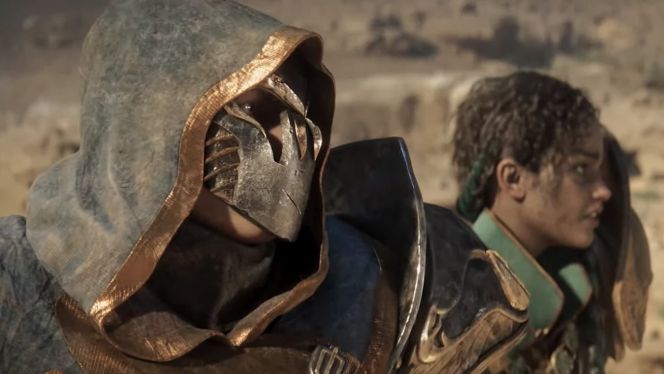

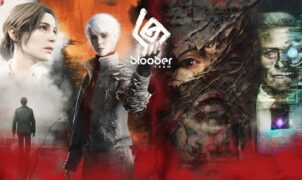
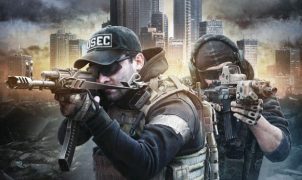
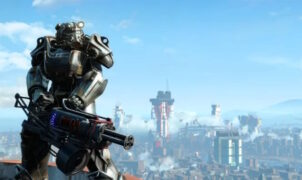
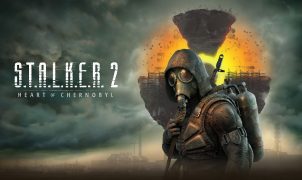

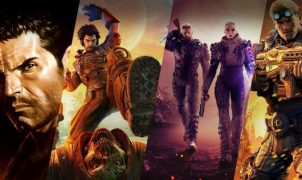
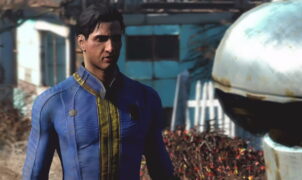
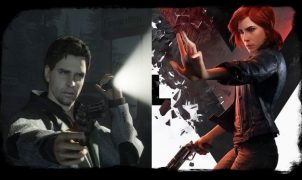
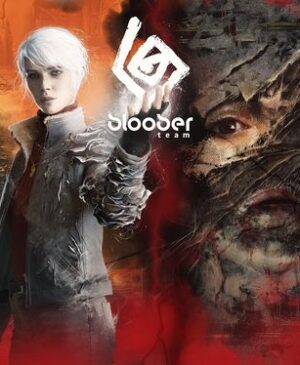
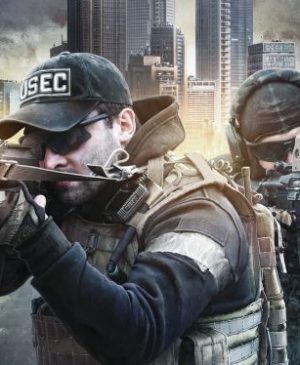

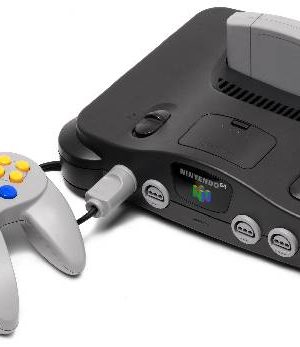
Leave a Reply